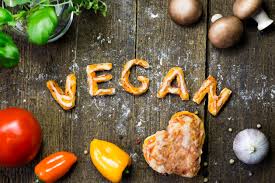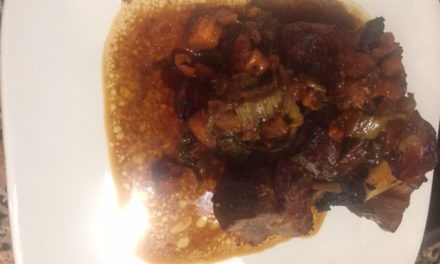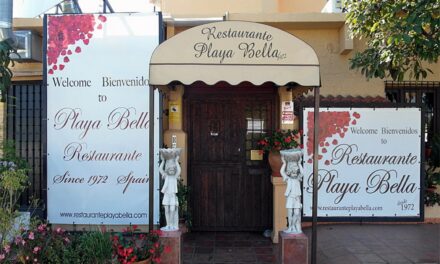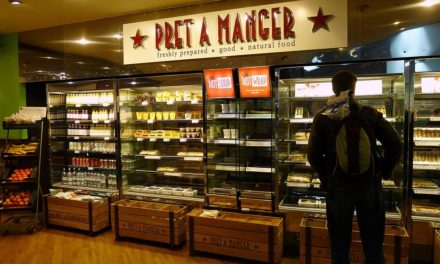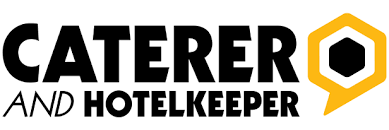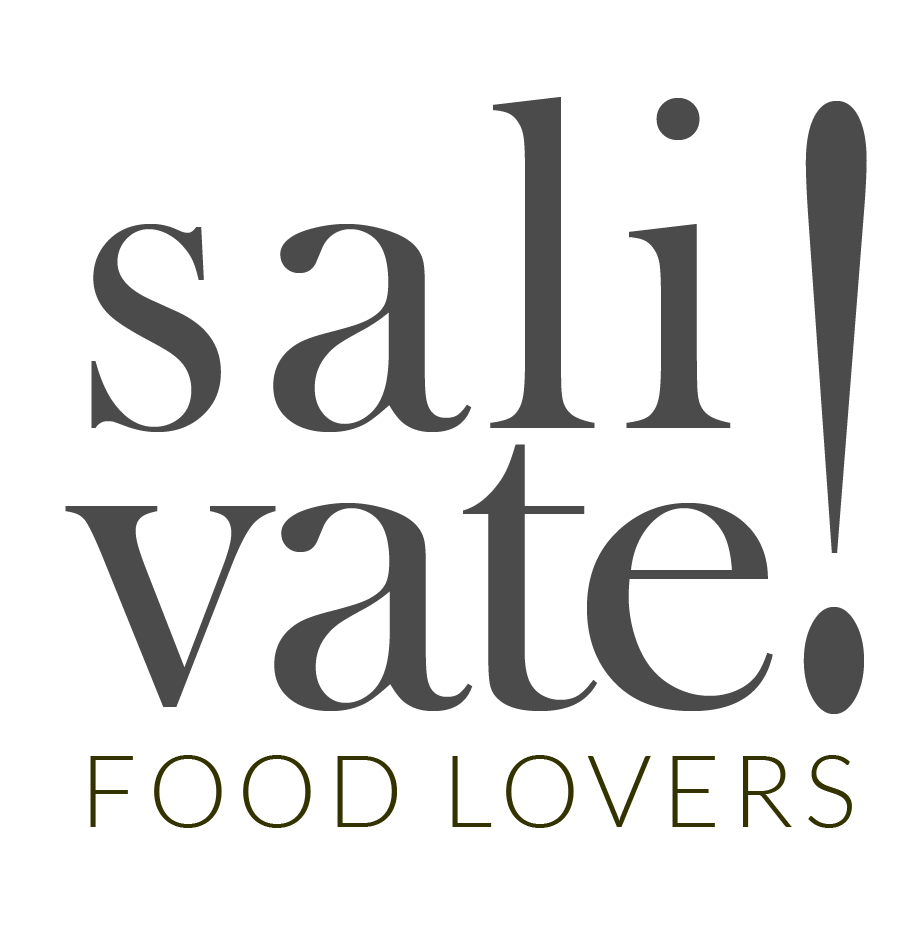 Iron: as we all know, iron is to be found in meat. Having said that, a high intake of foods such as cruciferous vegetables, beans, peas, dried fruit, nuts and seeds, Iron-fortified foods, such as cereals, enriched breads and some plant milks, can further help the Vegan and the Veggie.
Iron: as we all know, iron is to be found in meat. Having said that, a high intake of foods such as cruciferous vegetables, beans, peas, dried fruit, nuts and seeds, Iron-fortified foods, such as cereals, enriched breads and some plant milks, can further help the Vegan and the Veggie.
Calcium: remember when we were kids our parents told us that we should drink plenty of  milk. (an interesting fact is that humans are the only animals/mammals that consume milk after weaning) In fact in my day we were given a half pint of the stuff at school until Mrs T cut it out. Some pubs started to serve it ice cold from the ‘pump’ in the eighties.
milk. (an interesting fact is that humans are the only animals/mammals that consume milk after weaning) In fact in my day we were given a half pint of the stuff at school until Mrs T cut it out. Some pubs started to serve it ice cold from the ‘pump’ in the eighties.
This mineral is necessary for bone and teeth. It also plays a role in muscle function, nerve signalling and heart health.
In the absence of the white stuff calcium is available in such foods as pak choy, kale, mustard greens, turnip greens, watercress, broccoli, chickpeas, tofu and fortified plant milks or juices. Vegans do not get enough Calcium and should take daily supplements.
 Zinc is vital for ones metabolism, immune function and the repair of body cells. An insufficient intake of zinc can lead to developmental problems, hair loss, diarrhoea and delayed wound healing.
Zinc is vital for ones metabolism, immune function and the repair of body cells. An insufficient intake of zinc can lead to developmental problems, hair loss, diarrhoea and delayed wound healing.
While vegans do not have sufficient Zinc in their bodies, fortunately there are foods that supply some of what they need in the form of whole grains, wheat germ, tofu, sprouted breads, vegetables, nuts and seeds.
Soaking nuts, seeds and vegetables overnight, eating enough protein and consuming fermented foods such as tempeh (soy beans) and miso also seems to boost absorption
So there you have it. A pocket description of what you need to watch out for if you choose a ‘healthy’ life style. Bonne Chance!

